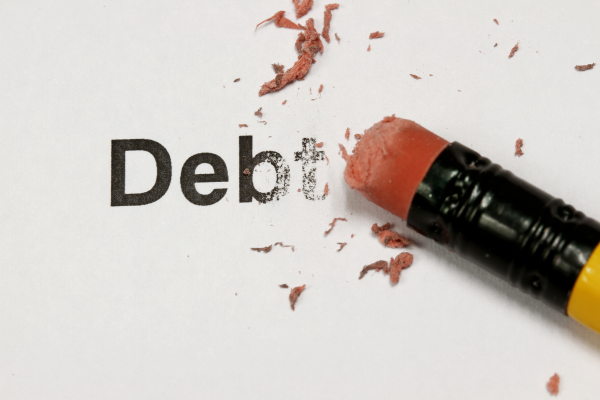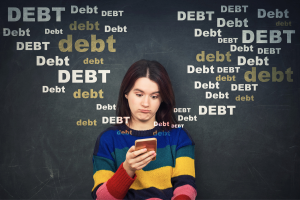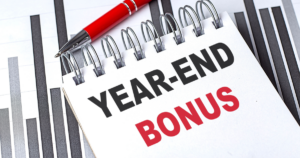What exactly is debt, and more importantly, how can you effectively erase it from your life? Understanding debt and managing it wisely is crucial for financial stability and peace of mind. This article will delve into the intricacies of debt and provide practical steps to help you eliminate it.
Understanding Debt
Debt is essentially money that you owe to someone else. This can be in the form of a loan, credit card balance, mortgage, or any other financial obligation. When you borrow money, you agree to repay it over time, often with interest. There are two primary types of debt: secured and unsecured.
Secured Debt
Secured debt is backed by collateral. For instance, a mortgage is secured by your home, and an auto loan is secured by your vehicle. If you fail to make payments, the lender has the right to seize the collateral.
Unsecured Debt
Unsecured debt, on the other hand, does not have any collateral backing it. Credit card debt and personal loans are common examples. Because there is no collateral, unsecured debt typically comes with higher interest rates.
The Impact of Debt
Debt can have a significant impact on your financial health and overall well-being. It can affect your credit score, which in turn influences your ability to borrow money in the future, rent an apartment, or even secure a job. High levels of debt can also lead to stress, anxiety, and other mental health issues. Therefore, it is important to manage debt wisely and work towards erasing it.
Steps to Erase Debt
Erasing debt might seem like an insurmountable task, but with determination and a strategic approach, it is entirely achievable. Here are some steps to help you get started:
1. Assess Your Debt
The first step to erasing it is to have a clear understanding of what you owe. List all your debts, including the amounts, interest rates, and minimum monthly payments. This will give you a comprehensive view of your financial obligations and help you prioritize which ones to tackle first.
2. Create a Budget
A budget is a powerful tool for managing your finances. Start by tracking your income and expenses to see where your money is going each month. Look for areas where you can cut back and redirect those funds towards paying off your debt. Remember, every little bit helps.
3. Prioritize High-Interest Debt
High-interest debt, such as credit card balances, can quickly spiral out of control if not managed properly. Focus on paying off these first while making minimum payments on your other obligations. This strategy, known as the avalanche method, can save you money in the long run by reducing the amount of interest you pay.
4. Consider Debt Consolidation
Debt consolidation involves combining multiple debts into a single loan with a lower interest rate. This can simplify your monthly payments and potentially save you money on interest. There are various options for debt consolidation, including balance transfer credit cards, personal loans, and home equity loans. Be sure to research and choose the option that best suits your needs.
5. Negotiate with Creditors
Don’t be afraid to reach out to your creditors and negotiate better terms. Many lenders are willing to work with you, especially if you are experiencing financial hardship. You may be able to secure a lower interest rate, reduced monthly payment, or even a settlement for less than the full amount owed.
6. Seek Professional Help
If you feel overwhelmed by your debt, consider seeking help from a credit counseling agency. These organizations offer free or low-cost services to help you develop a debt management plan. A credit counselor can provide guidance, negotiate with creditors on your behalf, and offer valuable financial education. Consider a non profit credit counseling organization like American Consumer Credit Counseling. The consultation it free so call them today!
7. Stay Committed and Patient
Erasing debt is not an overnight process; it requires commitment and patience. Celebrate small victories along the way and remind yourself of the long-term benefits of being debt-free. Stay disciplined with your budget, avoid taking on new debt, and focus on your goal.
Long-Term Strategies for Financial Health
Once you have erased your debt, it is important to adopt long-term strategies to maintain financial health. Build an emergency fund to cover unexpected expenses, invest in your future through retirement accounts, continue to budget (adjusting the budget when necessary), and remember to live within your means. Financial literacy is an ongoing journey. Staying informed and educated can help you make sound decisions.
In Conclusion
Debt can be a daunting challenge, but it is not insurmountable. By understanding what debt is, assessing your financial situation, creating a budget, and implementing strategic steps, you can work towards erasing your debt. Remember, the journey to becoming debt-free requires dedication, patience, and a proactive approach. Take control of your finances today and pave the way for a brighter, debt-free future.
If you’re struggling to pay off debt, ACCC can help. Schedule a free credit counseling session with us today.






